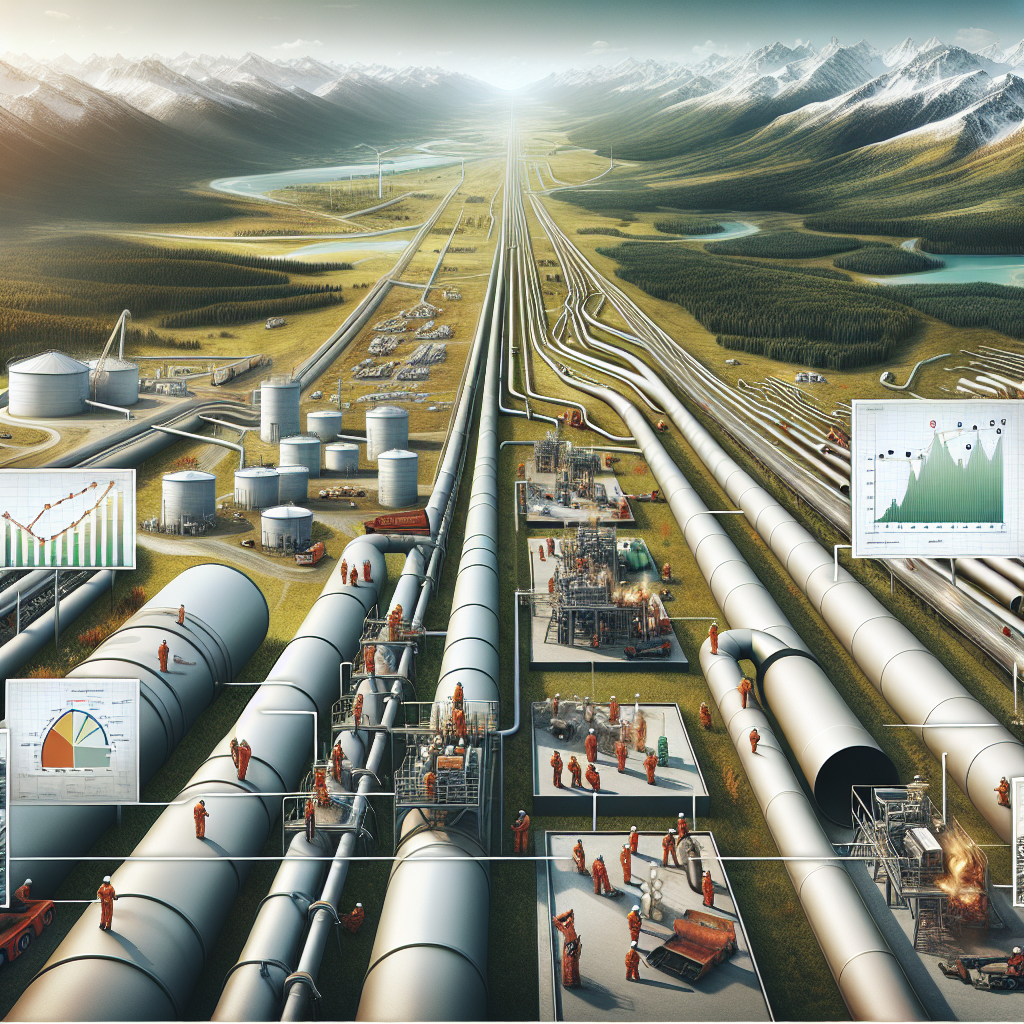September 11, 2024
Insights into South Dakota’s Pipeline Project and its Impact on Biofuel Industry Sustainability
Book a Demo
A significant environmental development is underway in South Dakota, where an $8 billion carbon pipeline is being planned. The significant project aims to capture CO2 emissions from ethanol fermentation, a key part of the biofuel production process. If successful, the project could capture up to 18 million metric tons of CO2 annually, marking a major milestone in the quest to mitigate the impacts of climate change.
However, the ambitious project also has its limitations. One notable shortfall is that the pipeline will not address the 7 million tons of emissions produced by machinery powered by fossil fuels. The mixed composition of emissions from gas-powered equipment makes capturing CO2 more difficult and costly. This highlights the complexity of the challenges faced in the mission to transition to a more sustainable and less carbon-intensive future.
Despite these challenges, some experts believe the integration of carbon capture into broader sustainability efforts could lead to significant advancements in the biofuel industry. A report suggests that by combining carbon capture with other sustainability initiatives, ethanol production could become net-negative in emissions by 2040.
Daniel Sanchez, assistant professor at the University of California-Berkeley, provided some perspective on the project. While acknowledging its significance, he also cautioned that it is but a drop in the bucket. Sanchez emphasized that the pipeline’s environmental impact is limited as it only captures fermentation emissions, underlining the need for broader efforts to combat climate change.
One of the measures that need to be taken includes reducing natural gas use at ethanol plants. This step could significantly cut greenhouse gases and further contribute to the decarbonization of the industry.
While the South Dakota carbon pipeline represents a significant step forward in carbon capture, it’s clear that a more holistic approach is needed to meaningfully reduce emissions. The integration of carbon capture into broader sustainability efforts, including reducing natural gas use, could play a significant role in achieving a net-negative emissions future for the ethanol production industry.
Science4Data is committed to cut through greenwashing and measure real impact. Join the journey to a sustainable future. Your actions matter.



